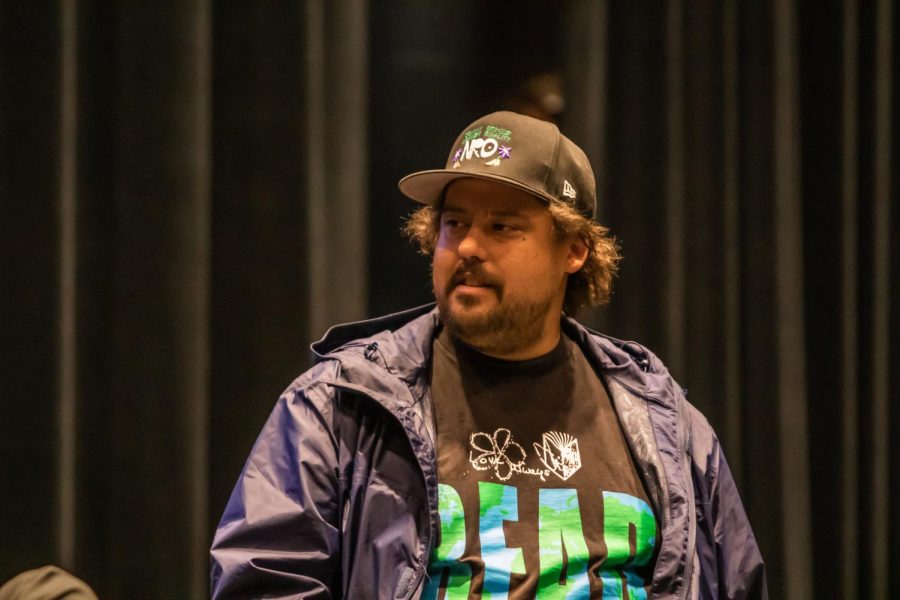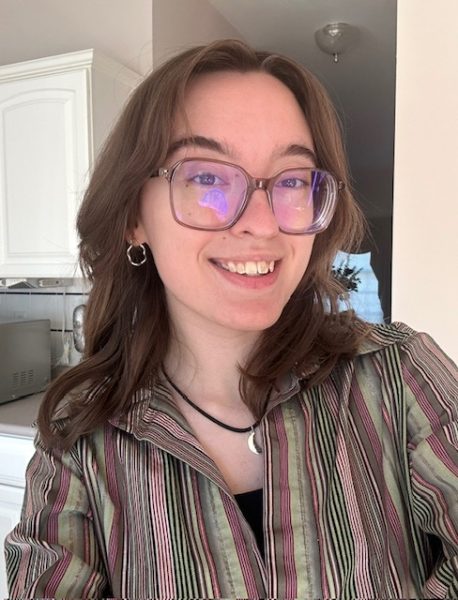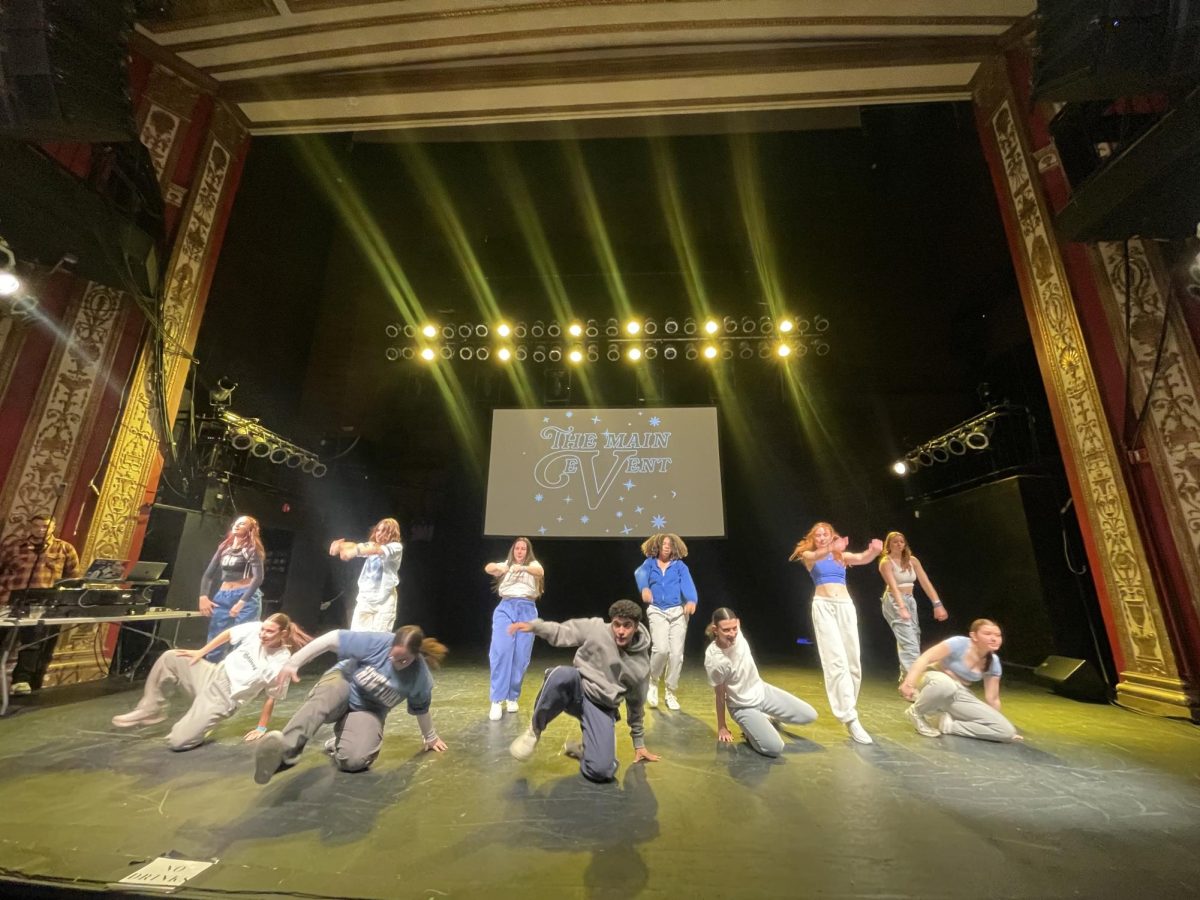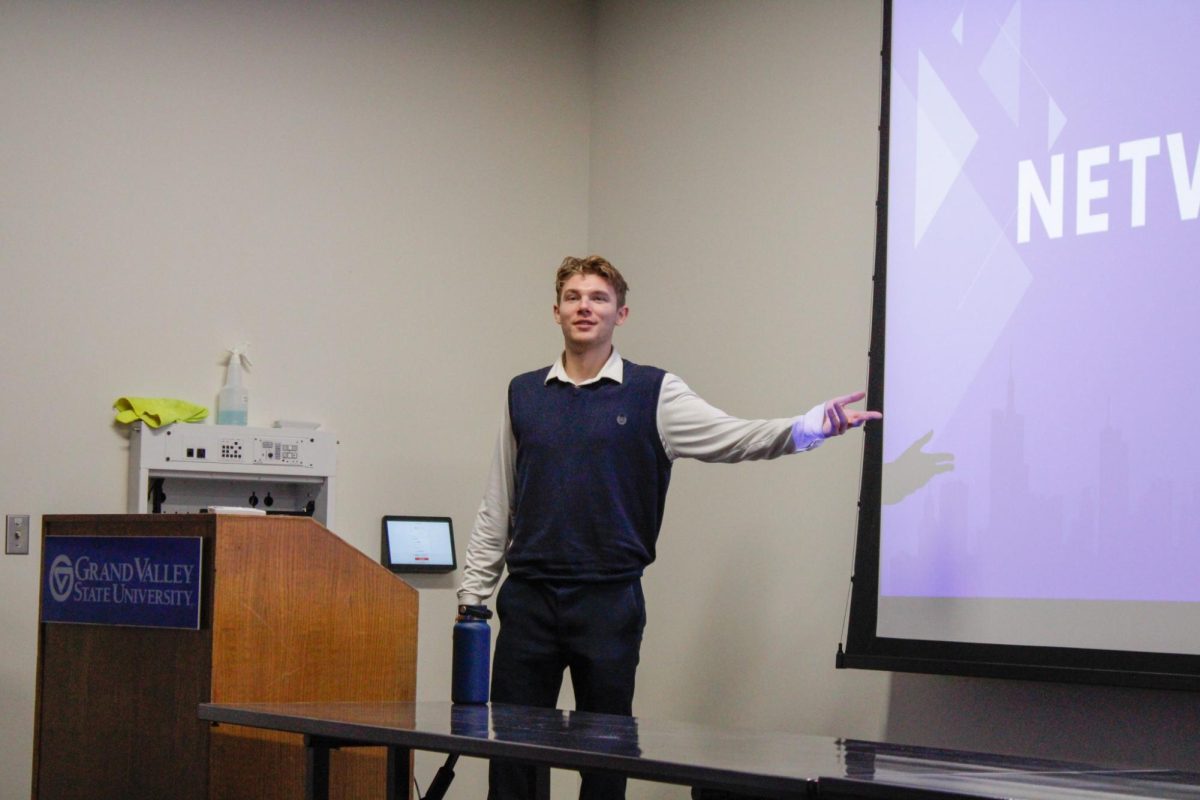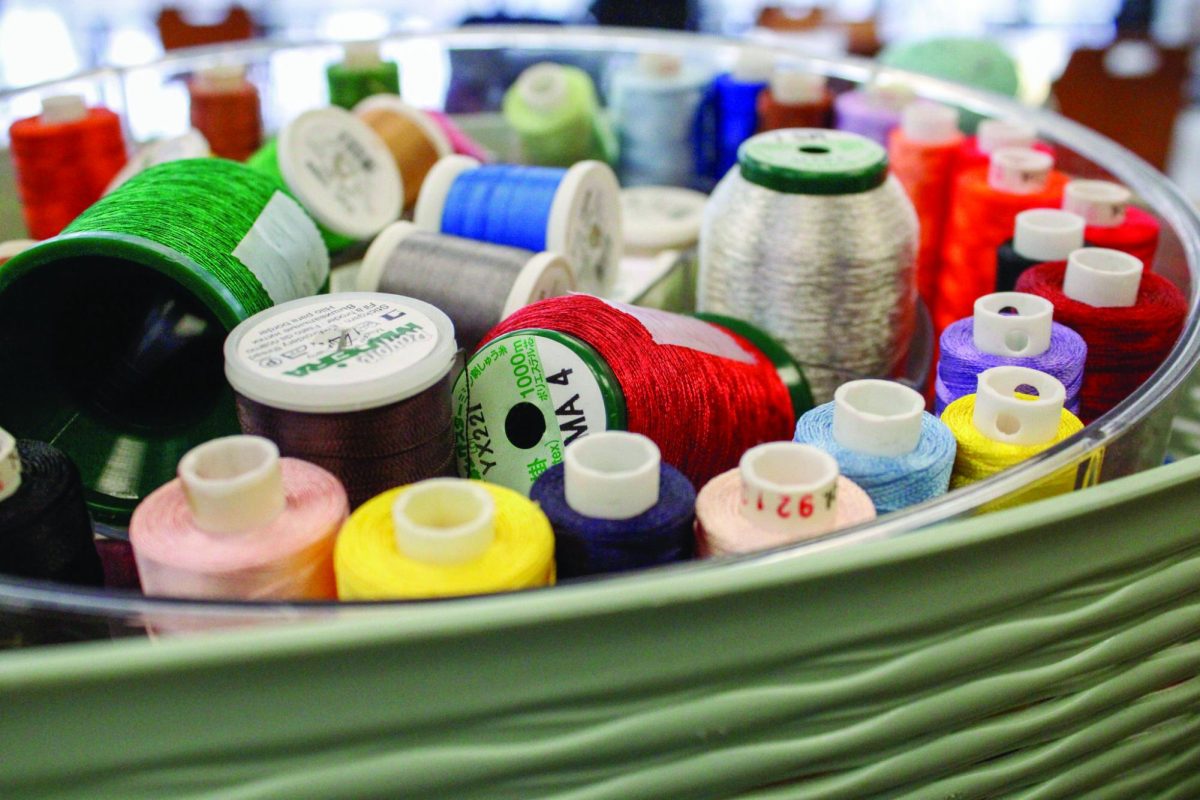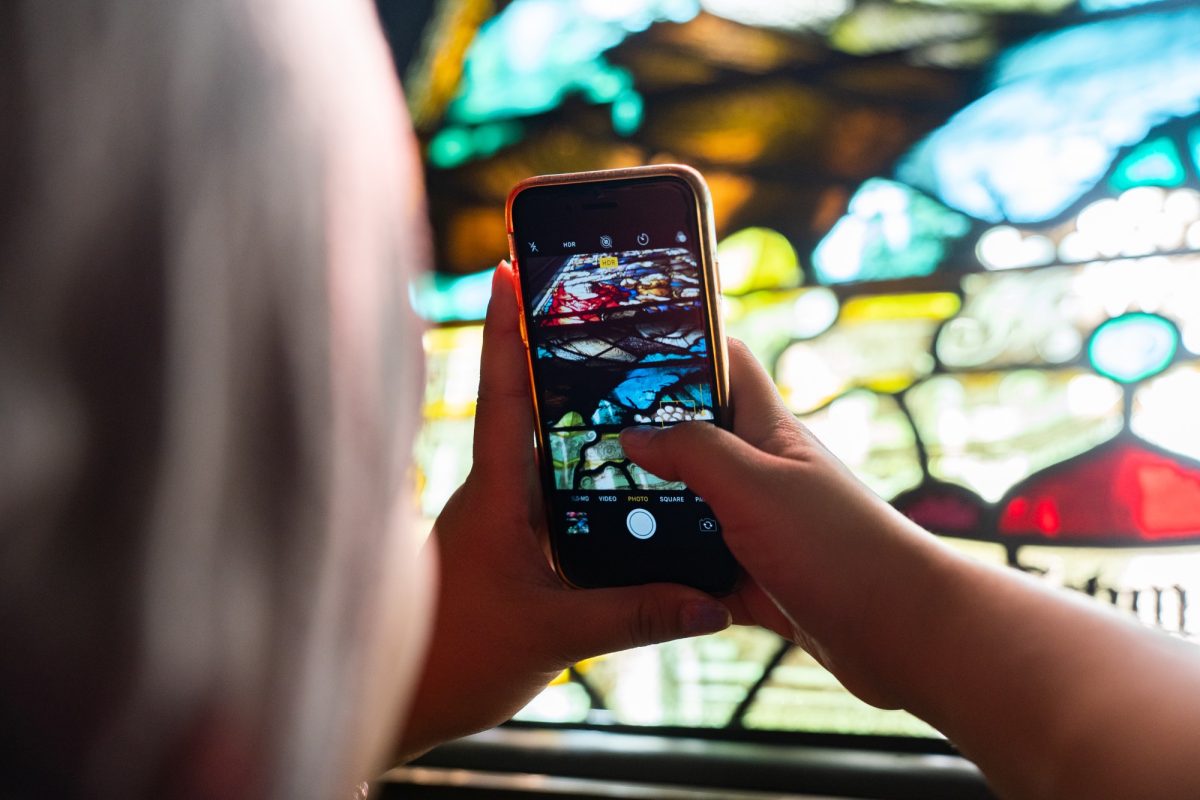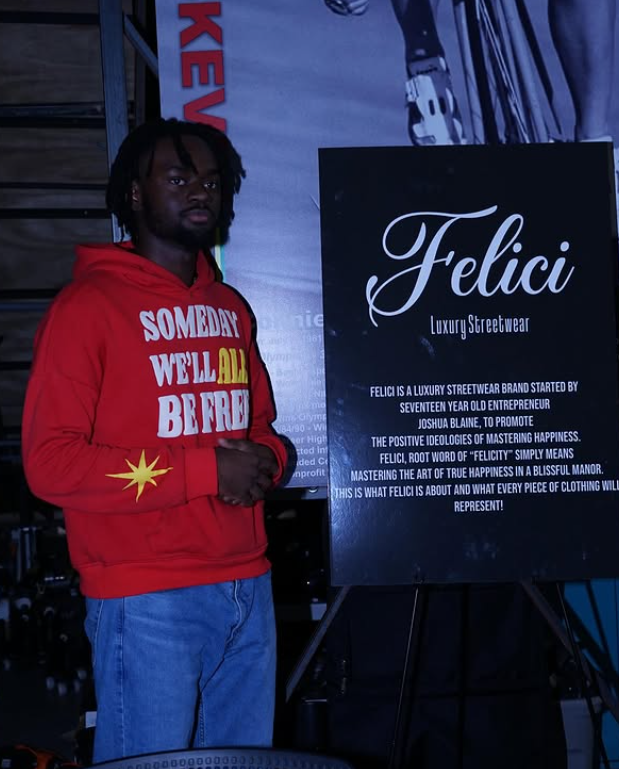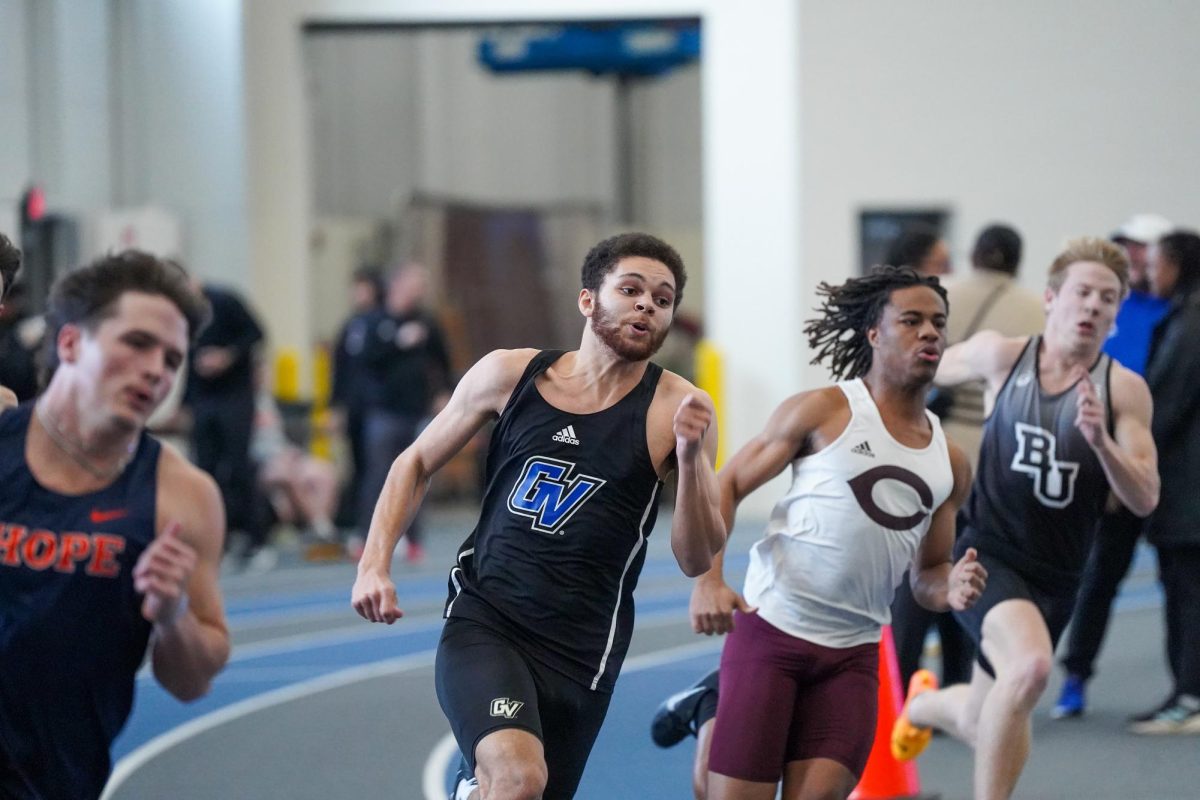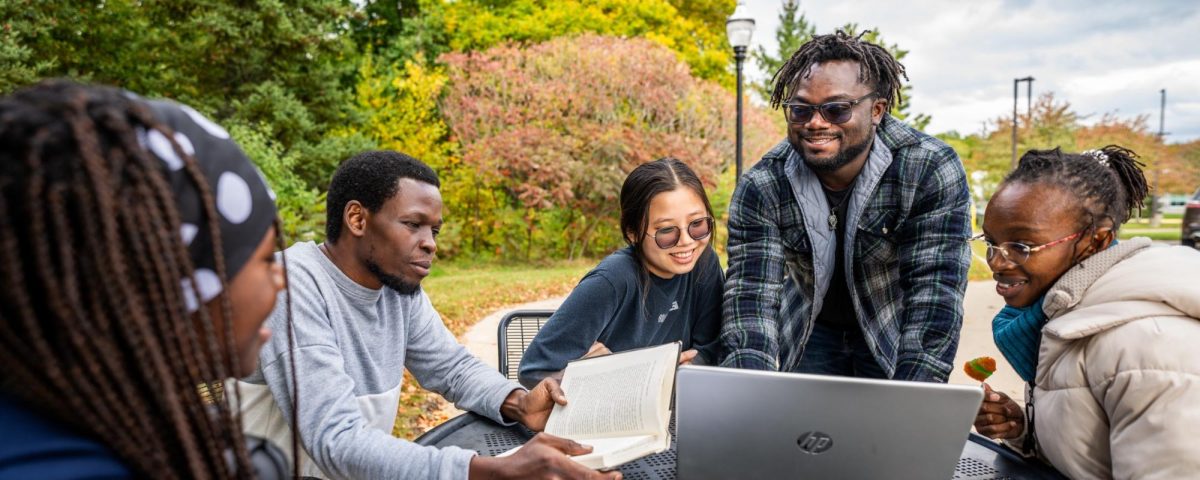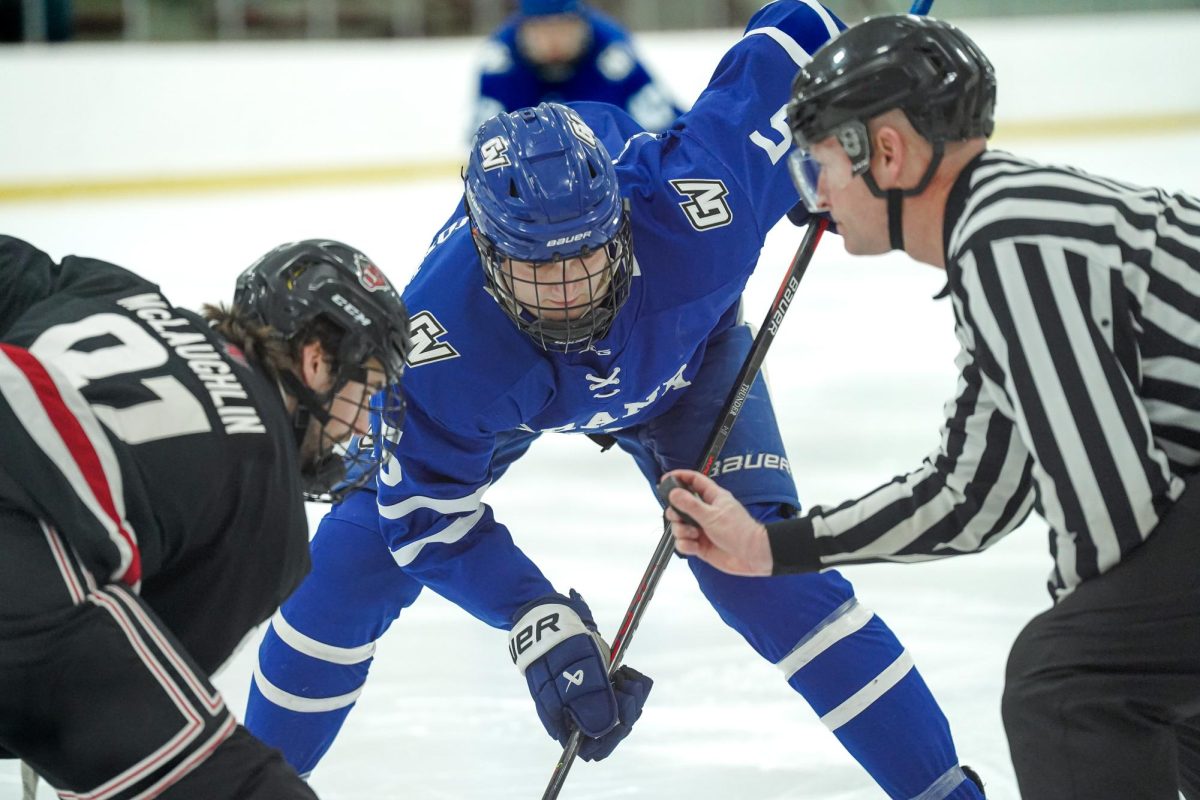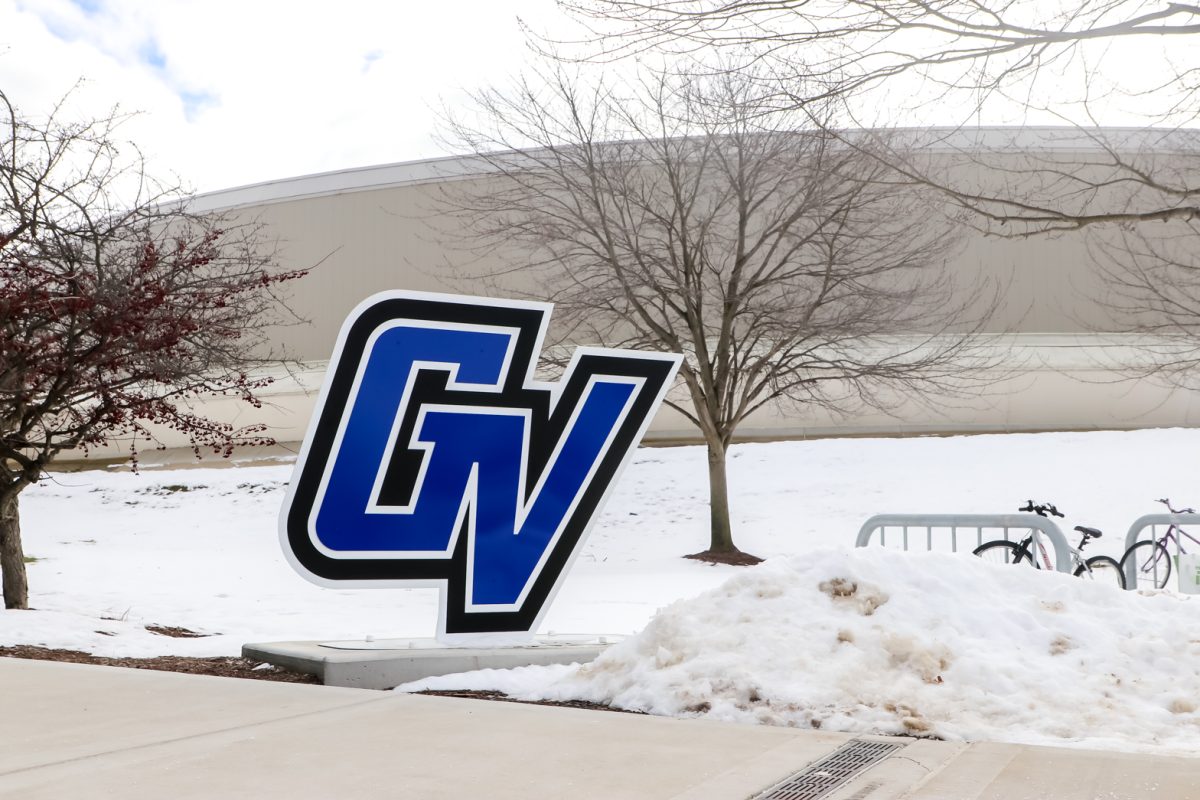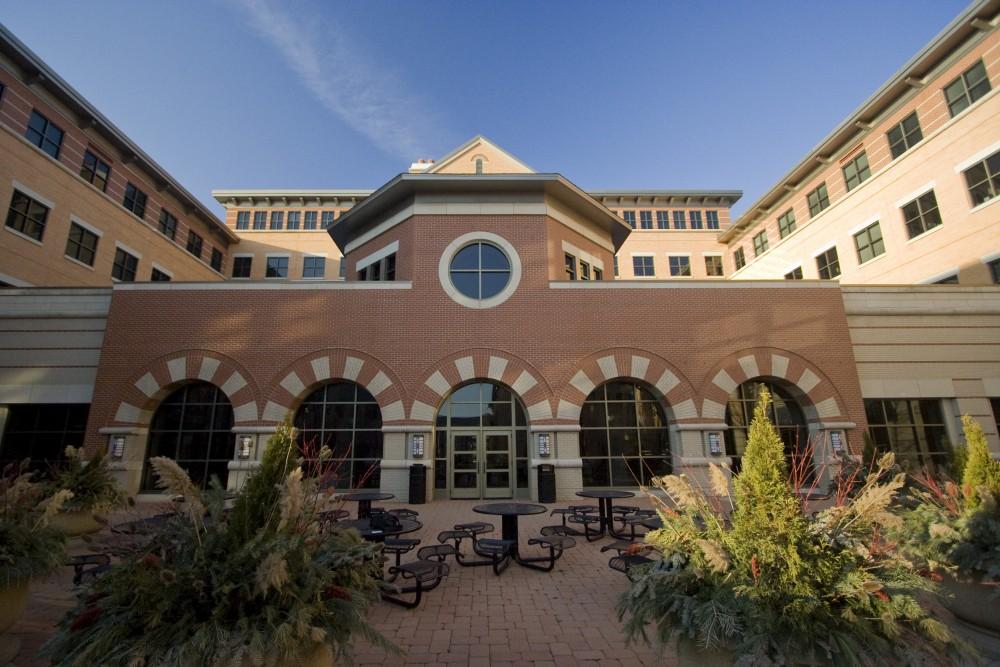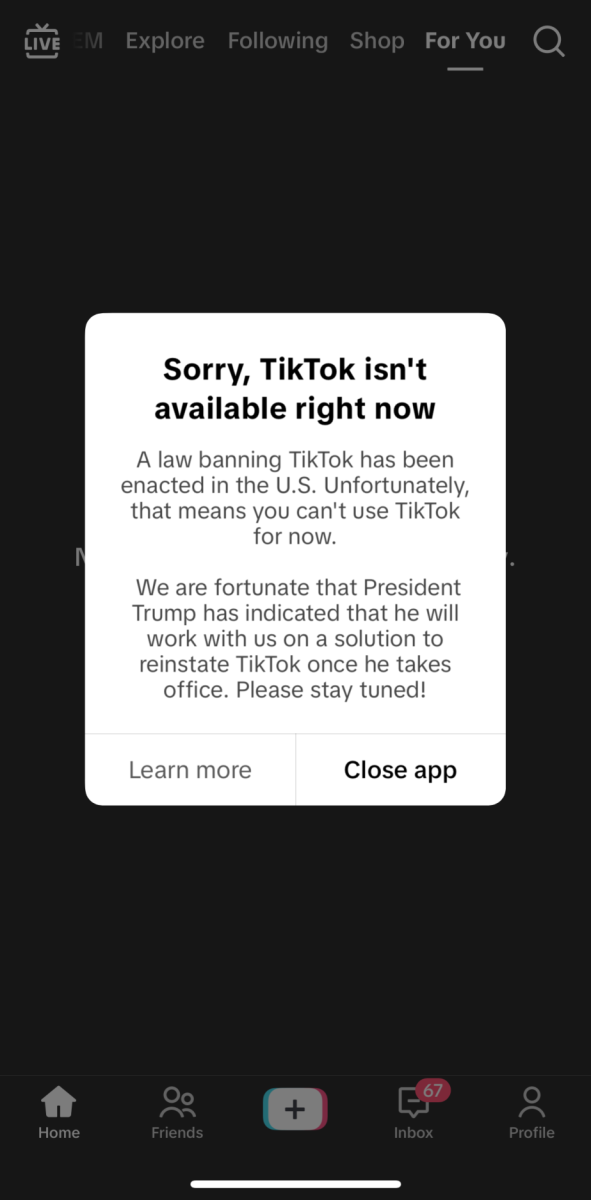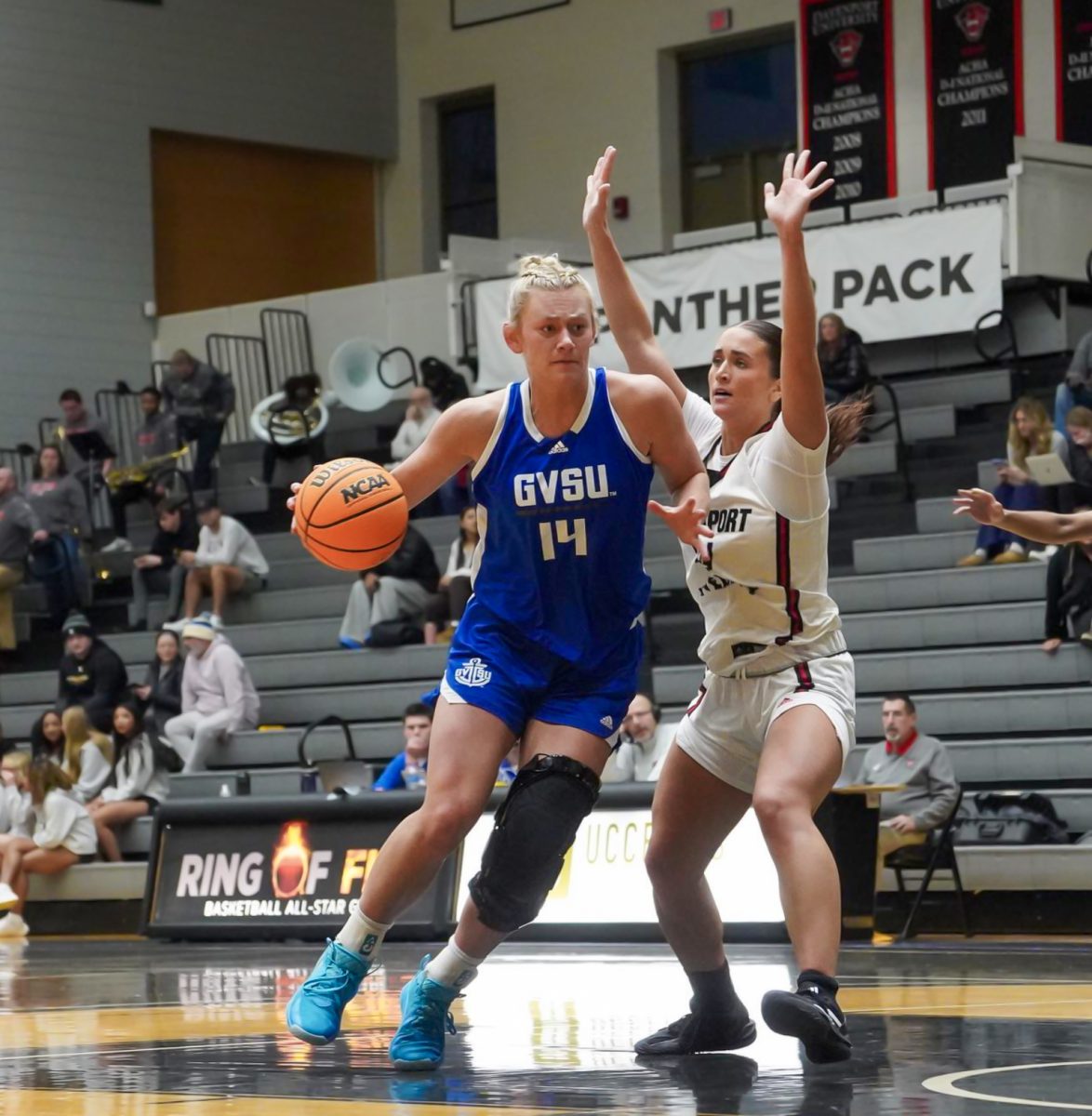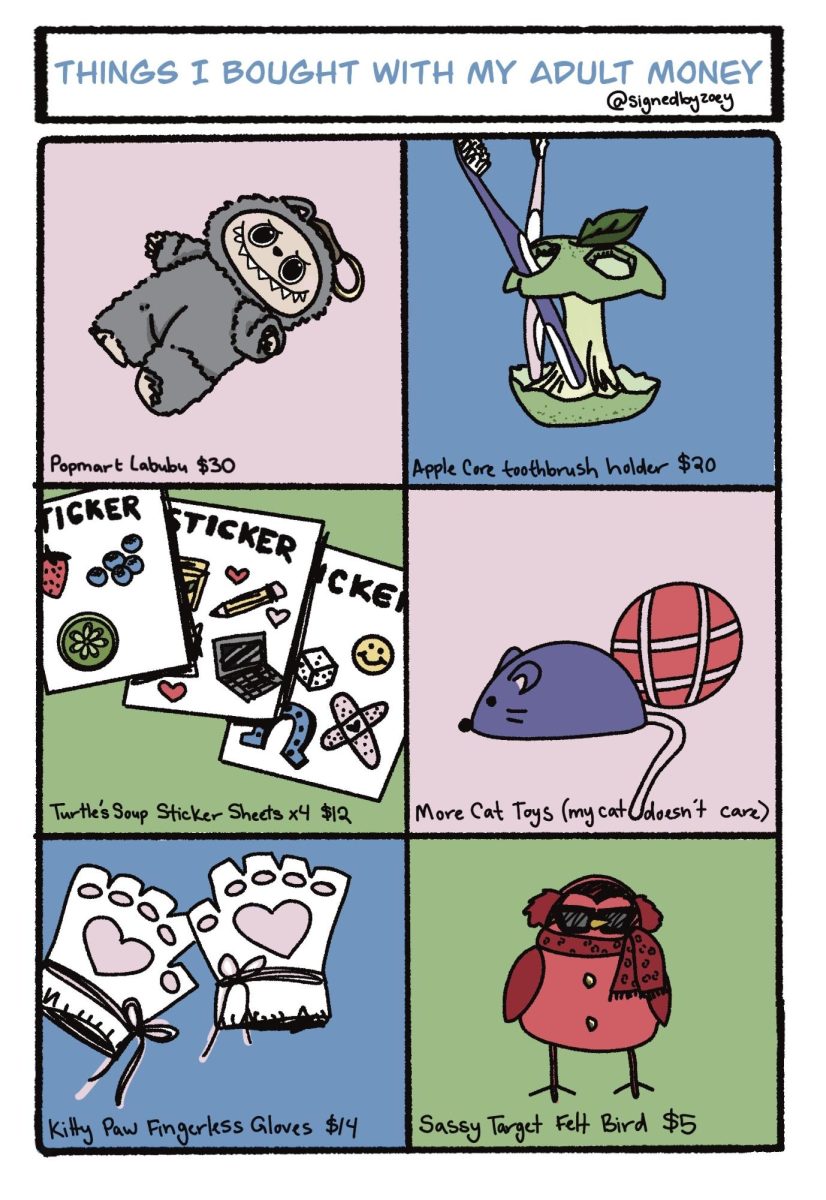Filmmaker speaks at GV on indigenous expression in cinema
Feb 27, 2023
Indigenous filmmaker Adam Khalil discussed heritage and filmmaking during a three-day event series at Grand Valley State University from Feb. 20-22. The discussions revolved around “Segaajigewin,” which means “the way of expression in art” in the original language of this area, Anishinaabemowin. Khalil was hosted by the GVSU Arts Celebration as a part of the Native American Heritage Celebration.
The talks engaged listeners with dialogue surrounding Indigenous narratives, political activism, anthropology and his work in cinema. Taking place on both the Allendale and Pew campuses, the five events aimed to educate and inspire students.
“A lot of this research is to find a lineage that I and other Native artists can point back to (and) realize there have been people doing this before,” Kahlil said. “We don’t have to reinvent the wheel every time. There’s actually this ancestral support behind us.”
From Sault Ste. Marie, Michigan, Khalil is a member of the Ojibway tribe. As a filmmaker and artist, he uses humor and irony to present narratives that look toward Indigenous futures. Khalil is a part of The New Red Order and is a co-founder of COUSINS Collective, two groups that support and foster collaboration between Indigenous artists.
Khalil’s work has been exhibited at the Sundance Film Festival, Museum of Modern Art and Museum of Contemporary Art Detroit. His films “Nosferasta: First Bite” (2022) and “Empty Metal” (2018) are among his filmography that tackles the construction of Indigenous identity and colonization.
“Nosferasta: First Bite” portrays the continuous effects of colonization and directs viewers to not only listen to Native narratives, but to actively engage in the dialogue surrounding them. The political statements within his work encourage critical thinking about reality.
“The larger question about decolonization is like, ‘How do you decolonize a colonial way of thinking or an institution?’” Khalil said.
His films are as much about storytelling and dialogue as they are about envisioning what an Indigenous future looks like in terms of community and decolonization.
“He’s called his films ‘Trojan Horse’ films, meaning they’re hosted on traditional platforms, such as Amazon Prime, but function much differently than the vast majority of work on that site,” said Joel Potrykus, film video professor, local filmmaker and moderator of one of Tuesday’s discussions. “They not only have something important to say, but they push the audience to take action.”
Potrykus and the Department of Visual and Media Arts emphasized the significance of Khalil speaking at GVSU. He said they hope students can learn to explore their work in unique ways and consider how to spread their art to new audiences.
“Khalil is an internationally recognized artist and this is a rare chance for students and the public to engage with someone who has come from Michigan but found ways to get his work to a much larger audience,” Potrykus said.
GVSU students were able to expand their knowledge on Indigenous culture through the discussions and utilize critical thinking skills regarding heritage and colonization.
“Personally, I think that a college campus is a place to foster new ideas, a safe space for radical new modes of expression, where young minds are able to grow in ways that break convention,” Potrykus said. “This is a time for experimentation and discovering who you are and who you want to be.”
Pushing boundaries within his filmography, Khalil inspires students to approach artwork and personal projects with expressive objectives and unconventional ideas.
To learn more about Khalil and explore the COUSINS collective, those interested can visit the collective’s website.




